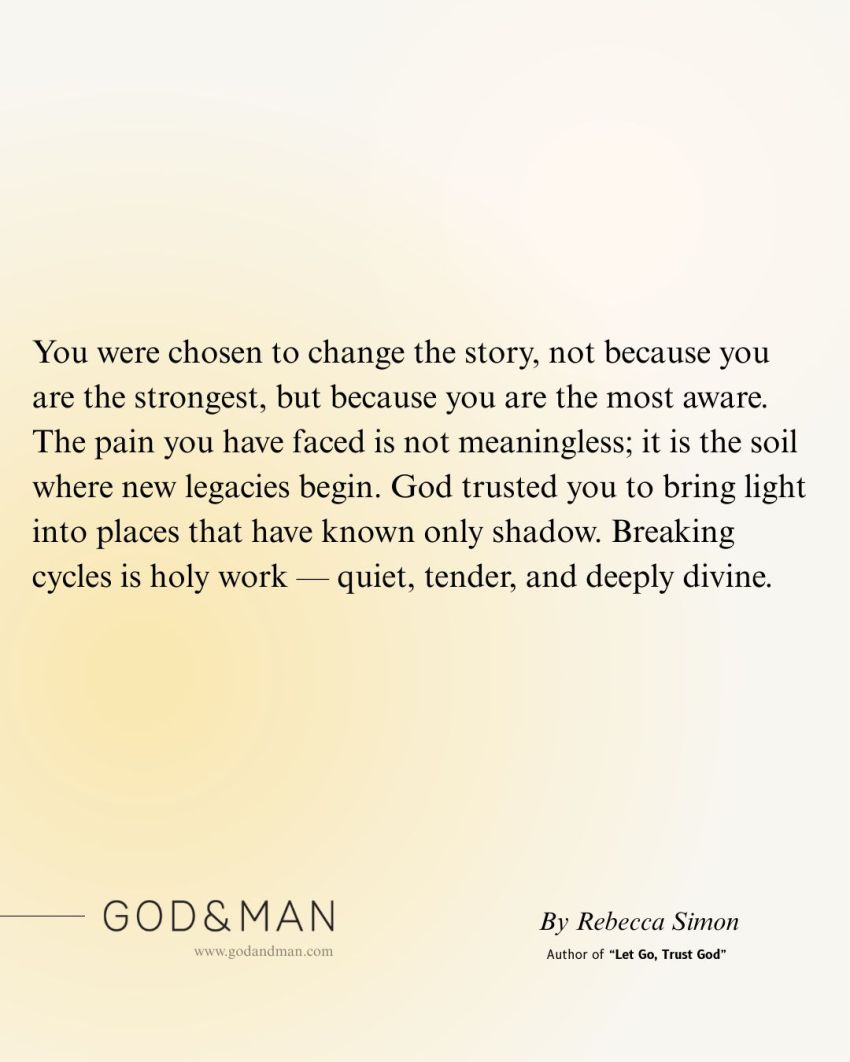
Forgiveness: God Calls It Healing, We Call It Hard Work
When we contemplate the boundless grace God has extended to us, forgiving all we’ve done wrong, it invites us to consider how we might extend that same grace to others. Best-selling author of Beauty in the Stillness, Karin Hadadan, writes about the necessity of forgiveness.
Forgiveness becomes not just an option but essential for believers seeking to embody the new life in Christ—where old patterns give way to a new way of being that resembles God’s loving nature.
Colossians 3:13 offers us two gentle yet powerful commands. First, to ‘bear with each other’—showing patience and tolerance toward others’ weaknesses and quirks, just as others must bear with ours. Second, to ‘forgive one another if any has a grievance’—responding to actual hurts with the same forgiveness Christ has shown us. This beautiful connection links our horizontal relationships with others directly to our vertical relationship with God.
The truth is, authentic forgiveness challenges us deeply, especially when someone has betrayed our trust or broken our heart. In moments of grief, anger, or resentment, our human inclination is to hold onto that pain, believing the person who hurt us doesn’t deserve our compassion. We may ask, ‘Why should they receive my forgiveness when they caused such harm?’ Yet when we step back and view our lives from a wider perspective, we recognize that unforgiveness ultimately harms us more than those who wronged us. While they may continue their lives, we remain tethered to pain, carrying a heavy burden that clouds our minds and weighs down our hearts.

We too have wronged others, whether intentionally or not. We’ve said hurtful things, made mistakes, and acted in ways that caused pain. Yet despite our human frailty, God forgives us completely. If we can receive His forgiveness with gratitude, we’re invited to extend that same gift to others.
Perhaps forgiveness begins with gratitude—finding something in that relationship to appreciate. We might quietly acknowledge, ‘Thank you for our experiences, as they taught me valuable lessons I might never have learned otherwise. Through this pain, I grew closer to God, and for that, I can be grateful.’ The very suffering that led us to call on God more deeply becomes, in its own way, a gift—transforming our pain into a pathway toward greater compassion, wisdom, and spiritual maturity.











